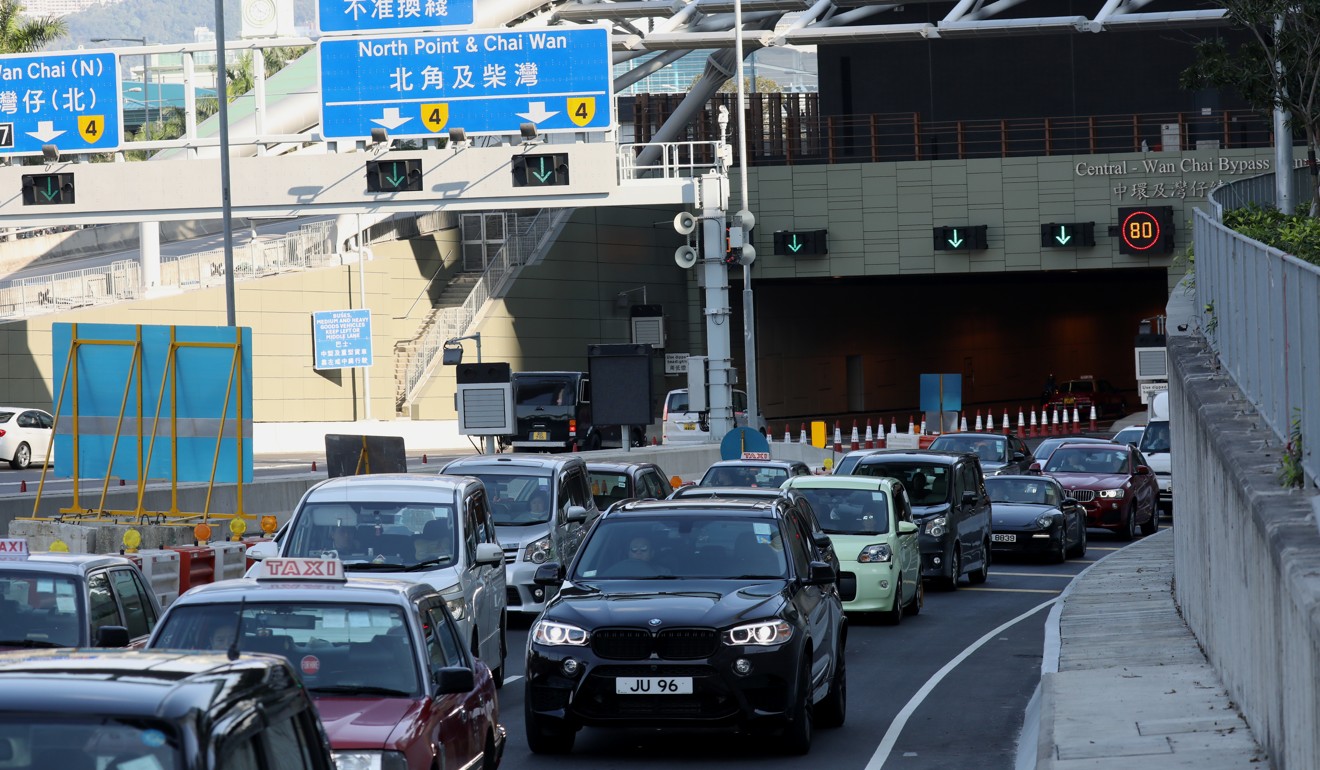
Urban noise pollution: how loud city sounds harm animals – and threatens the survival of some species
- Just as noise pollution can cause health problems for people, a British study suggests that it can negatively affect animals in urban environments, too
- The University of Hong Kong is also conducting research into the impact of urban noise on bird communication in the city

The next time you rail at drivers honking their car horns, or the decorators drilling on the floors above and below your flat, spare a thought for the birds. And the fish. And the frogs. And the rest of the animal kingdom.
Noise pollution is a part of everyday life for many city dwellers and, just as studies have linked excessive noise to poor health in people, it can also have a negative impact on animals.
A study by scientists at Queen’s University Belfast, published this week in scientific journal Biology Letters, found noise pollution threatens the survival of more than 100 species of amphibians, birds, fish, mammals and reptiles.
“This study provides significant evidence that noise pollution must be considered as a serious form of man-made environmental change and pollution, illustrating how it affects many aquatic and terrestrial species,” says the study’s lead author, Dr Hansjoerg Kunc, from the British university’s school of biological sciences.
“Noise must be considered a global pollutant and we need to develop strategies to protect animals from noise for their livelihoods.”

Many species use acoustic signals to share information, such as to warn others of predators and when choosing a mate. The research found that noise pollution prevents some animals from escaping predators and finding prey, and affects their migration.
“These changes in distribution of species can, in turn, affect ecosystem health, as each species forms an integral part in maintaining the functioning of a specific ecosystem,” the study says.
The research is particularly relevant for densely populated cities such as Hong Kong that also boast rich biodiversity.
Caroline Dingle of the University of Hong Kong’s (HKU) school of biological sciences, says it is highly likely that noise pollution has impacted many species in Hong Kong, particularly birds, frogs and insects that rely on sound for communication.
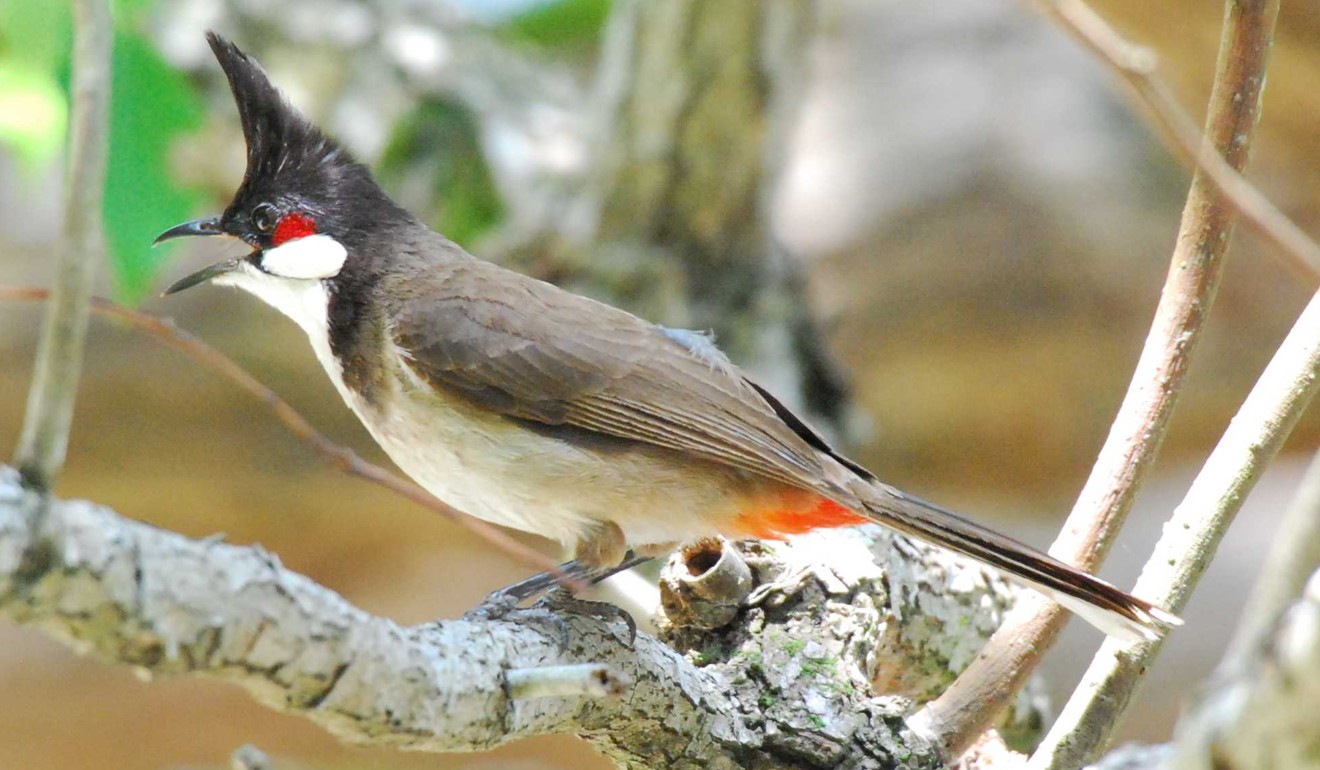
“Acoustic communication is important for survival and reproductive success for many species, so factors such as noise pollution, reverberations and echoes, which impact vocal signals, could lead to population declines and even the complete exclusion of certain species from urban areas,” says Dingle.
Her HKU research group is currently conducting research on the impact of urban noise on birds in the city.
“Across a noise gradient in Hong Kong, we have recorded [the sounds of] many species of birds to understand the impacts of noise on communication in urban birds, and to understand what strategies birds use to survive in a noisy world,” she says.
“As urban noise tends to be loudest in the low frequency range, we predict that birds in noisier areas should sing louder and shift their songs to higher frequencies to be heard over this noise.
“We have found that several species of birds in Hong Kong do in fact sing with higher frequencies in noisier areas, including spotted doves, which have very low frequency vocalisations which are completely overlapped by traffic noise,” she says, referring to her 2016 HKU study.
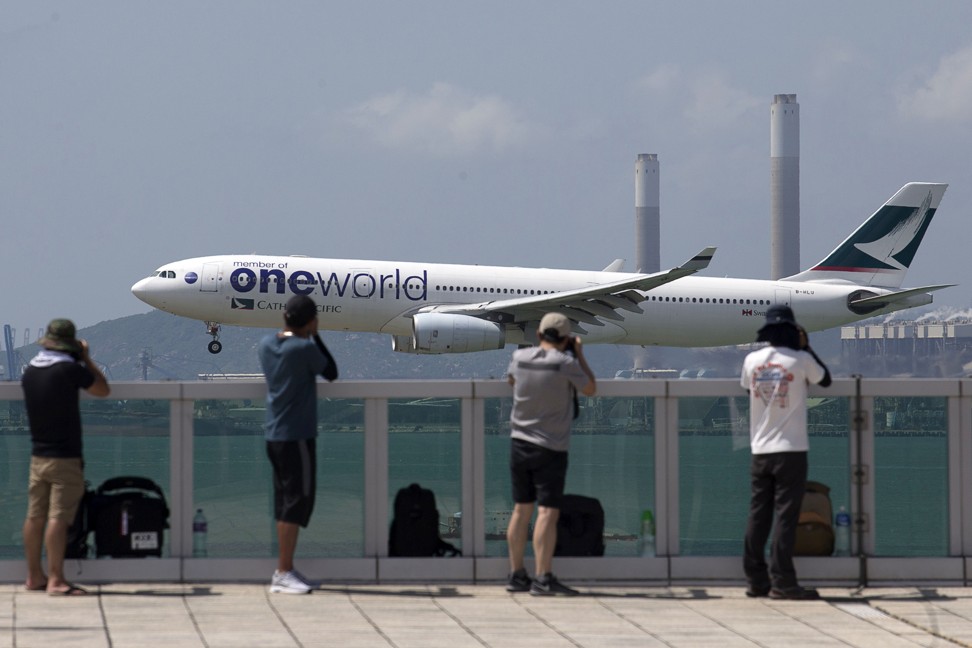
Dingle says most studies of urban evolution and the impact of noise pollution have been conducted by scientists in North America and Europe. Very few have been carried out in Asia.
“Such studies are urgently needed [in the region] as urbanisation is happening at a rapid rate here – some of the fastest-growing urban areas are in China,” she says.
Cities in China often rank high in global surveys that look at noise black spots. In 2017, a study by German firm Mimi Hearing Technologies, which found urban noise pollution and hearing loss are closely linked, ranked Guangzhou, China, as having the worst noise pollution. Cairo, Paris, Beijing and Delhi followed. Shanghai was 29th and Hong Kong was 34th.
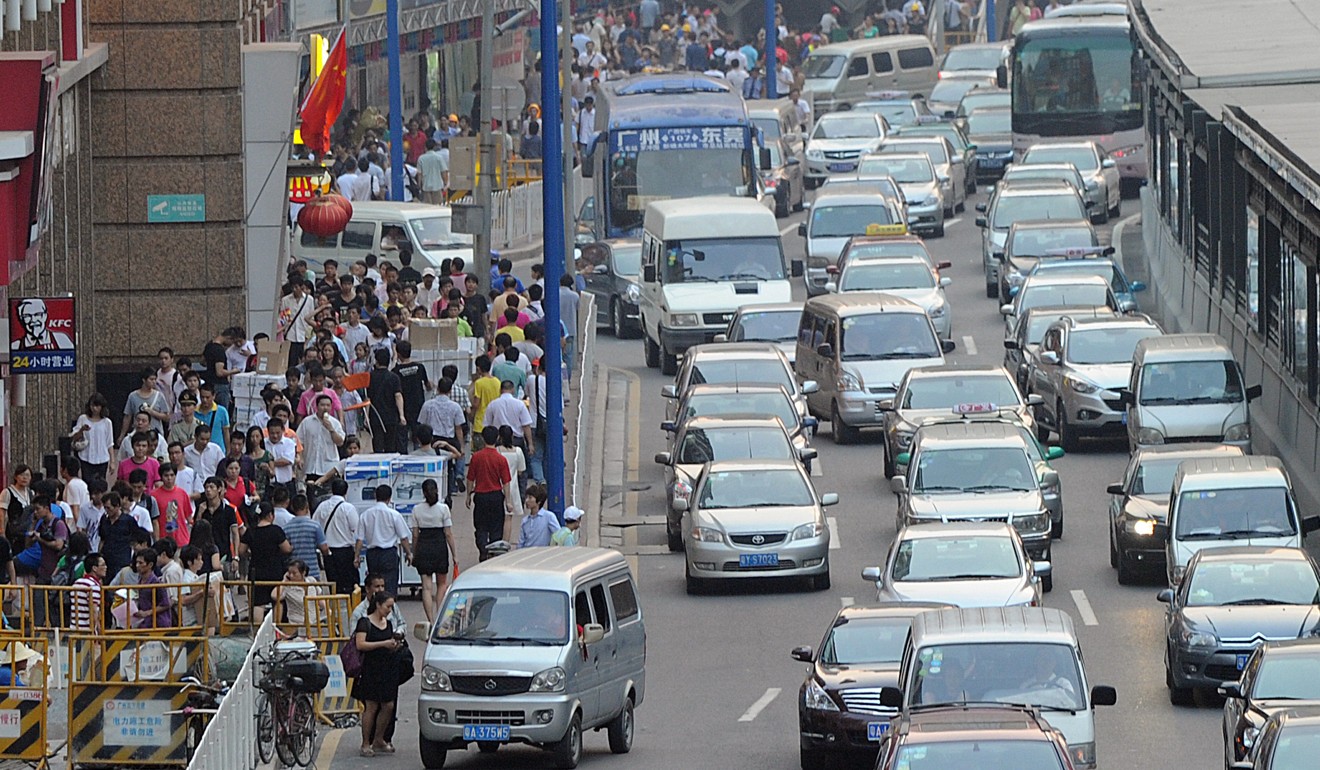
The World Health Organisation says noise is the second-largest environmental cause of health problems after air pollution. It can disturb sleep, and cause cardiovascular problems and hearing impairment.
Numerous studies have shown that living in cities with high ambient noise levels can cause health problems, ranging from mood swings and insomnia to depression and anxiety.
In 2018, the American College of Cardiology linked noise pollution to a range of cardiovascular problems, such as high blood pressure, heart attacks, stroke and coronary heart disease.
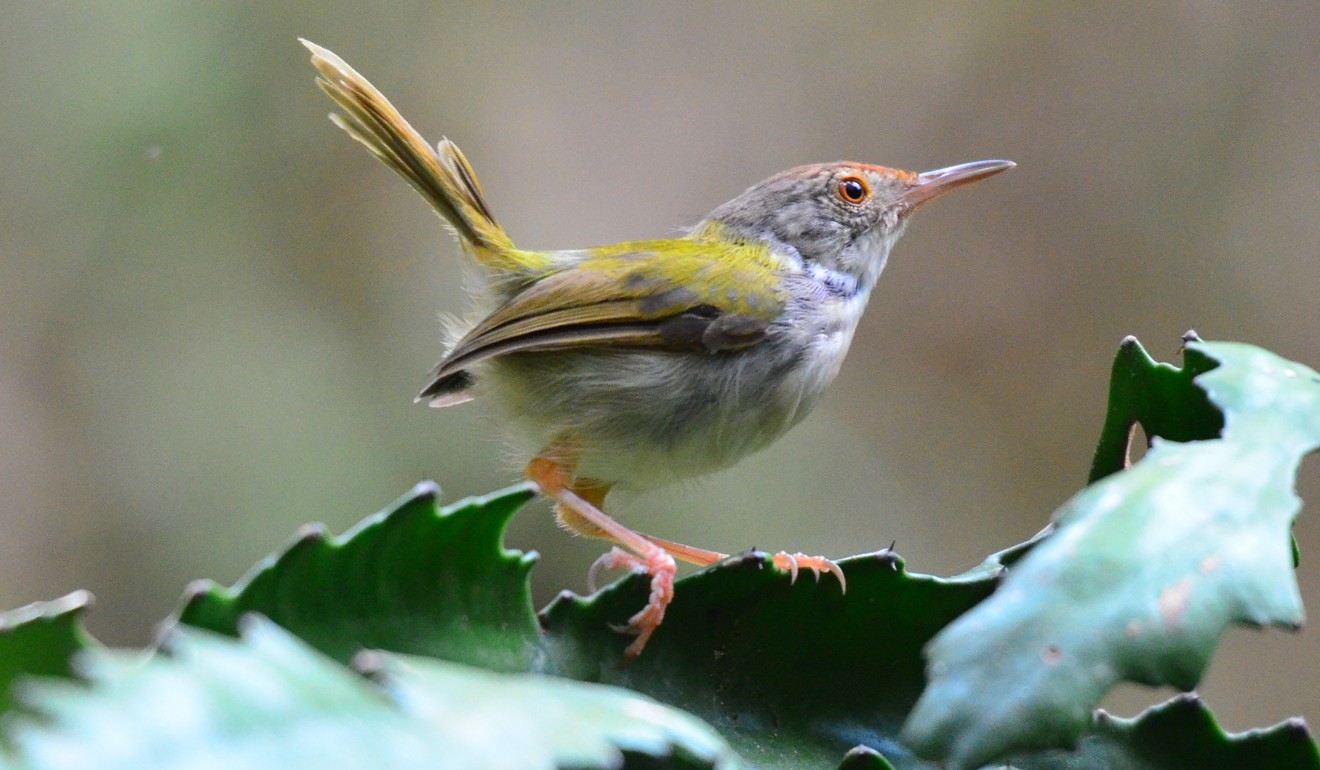
A 2014 study in medical journal The Lancet said: “Observational and experimental studies have shown that noise exposure leads to annoyance, disturbs sleep and causes daytime sleepiness, affects patient outcomes and staff performance in hospitals, increases the occurrence of hypertension and cardiovascular disease, and impairs cognitive performance in schoolchildren. We stress the importance of adequate noise prevention and mitigation strategies for public health.”
Gary Ades, head of the fauna conservation department at Kadoorie Farm and Botanic Garden in Hong Kong, says that while some urban wildlife, such as squirrels, bats and some birds adapt well to noise, many forest-dwelling animals may be less adaptable and thus more likely to be affected by increases in noise levels.